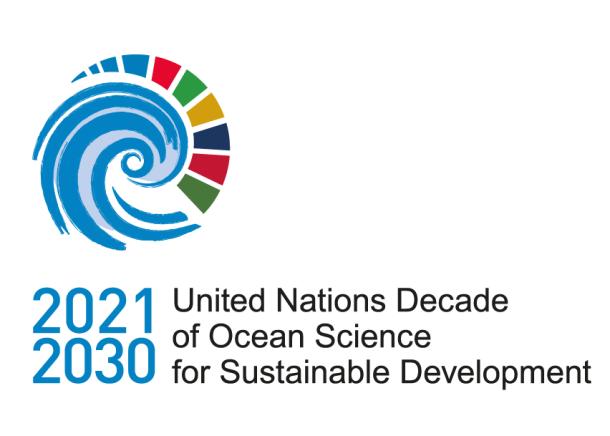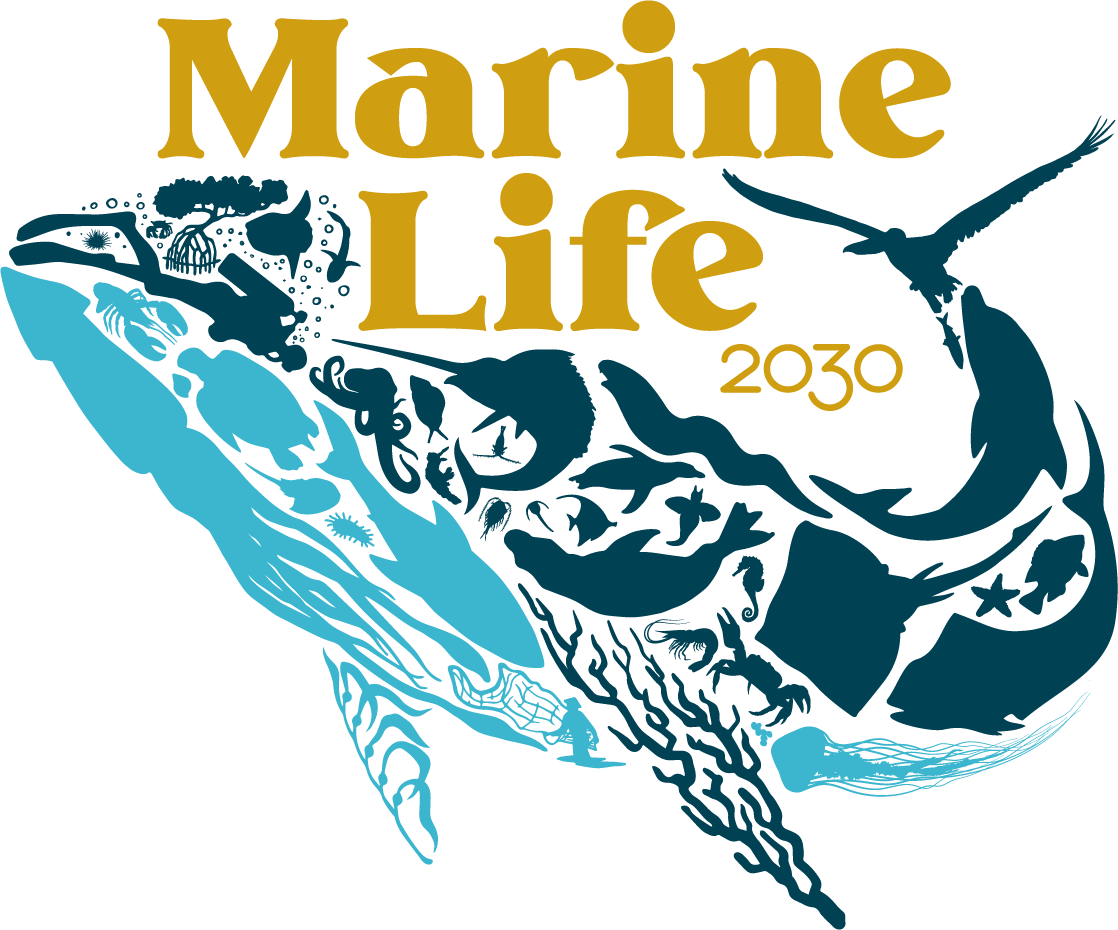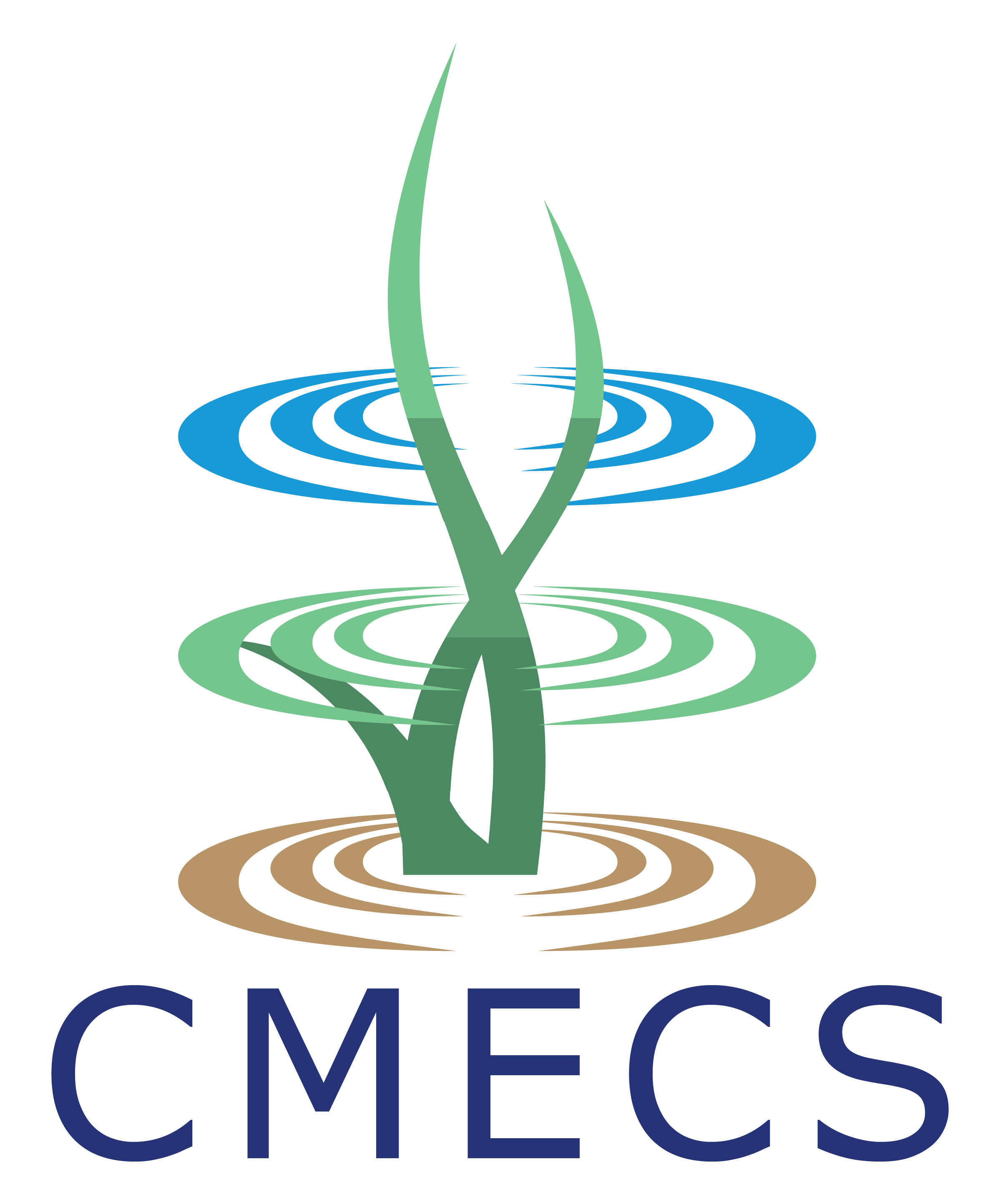Coastal and Marine Ecological Classification Standard (CMECS) Receives UN Decade of Ocean Science Endorsement
June 20, 2024

A Northern Gulf Institute and NOAA National Centers for Environmental Information (NCEI) project to update the Coastal and Marine Ecological Classification Standard (CMECS) was endorsed as a Decade Action contributing to the U.N. Decade of Ocean Science for Sustainable Development (2021-2030). This initiative, also referred to as "the Ocean Decade", is led by the U.N. Educational, Scientific and Cultural Organization (UNESCO) Intergovernmental Oceanographic Commission (IOC) to deliver "the science we need for the ocean we want". The Ocean Decade establishes collaborative networks that enable "...scientists and stakeholders from diverse sectors to develop the scientific knowledge and the partnerships needed to accelerate and harness advances in ocean science to achieve a better understanding of the ocean system, and deliver science-based solutions to achieve the 2030 Agenda." Ocean Decade projects within U.S. agencies are coordinated by the U.S. National Committee for the Ocean Decade.

CMECS is a catalog of terms that are used to define ecological units by applying descriptive language and categorical thresholds to observational data in coastal, marine, and lacustrine environments that can then be aggregated into spatially-defined functional groups at regional-to-global scales. It was developed to enable consistency in the classification and description of marine and coastal habitat types, and the sharing, use, and re-use of those data products. CMECS was endorsed by the U.S. Federal Geographic Data Committee (FGDC) in 2012 as the national classification standard for coastal and marine ecological data.
CMECS is undergoing a technological transformation from its legacy text and table formats into a FAIR vocabulary. New tools and platforms are also being developed to improve the process used to engage with the scientific community; to adapt to the technological requirements of automated data collection, processing, and analysis techniques; and to become digitally interoperable with similar resources in other domains so that CMECS is more accessible to users in many disciplines and experience levels.

CMECS is attached to the Ocean Decade Marine Life 2030 Programme, which aims to unite partners and technologies into a global and interoperable network which supports informed policy development that allows ocean life to thrive. The updates to CMECS will improve access to ecological data and information and enable participation in ocean knowledge networks to further the Decade's Objective 2, to "build capacity and generate comprehensive knowledge and understanding of the ocean including human interactions, and interactions with the atmosphere, cryosphere, and the land sea interface." This project is conducted in partnership with the NOAA Office for Coastal Management and Interagency Ocean and Coastal Mapping team, with contributors and participants from multiple federal and state agencies.
(Contact: Kate Rose, kater@ngi.msstate.edu)


